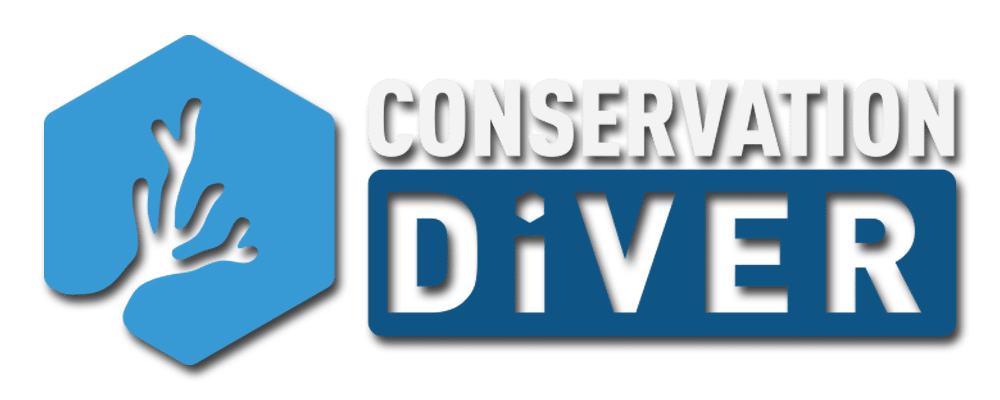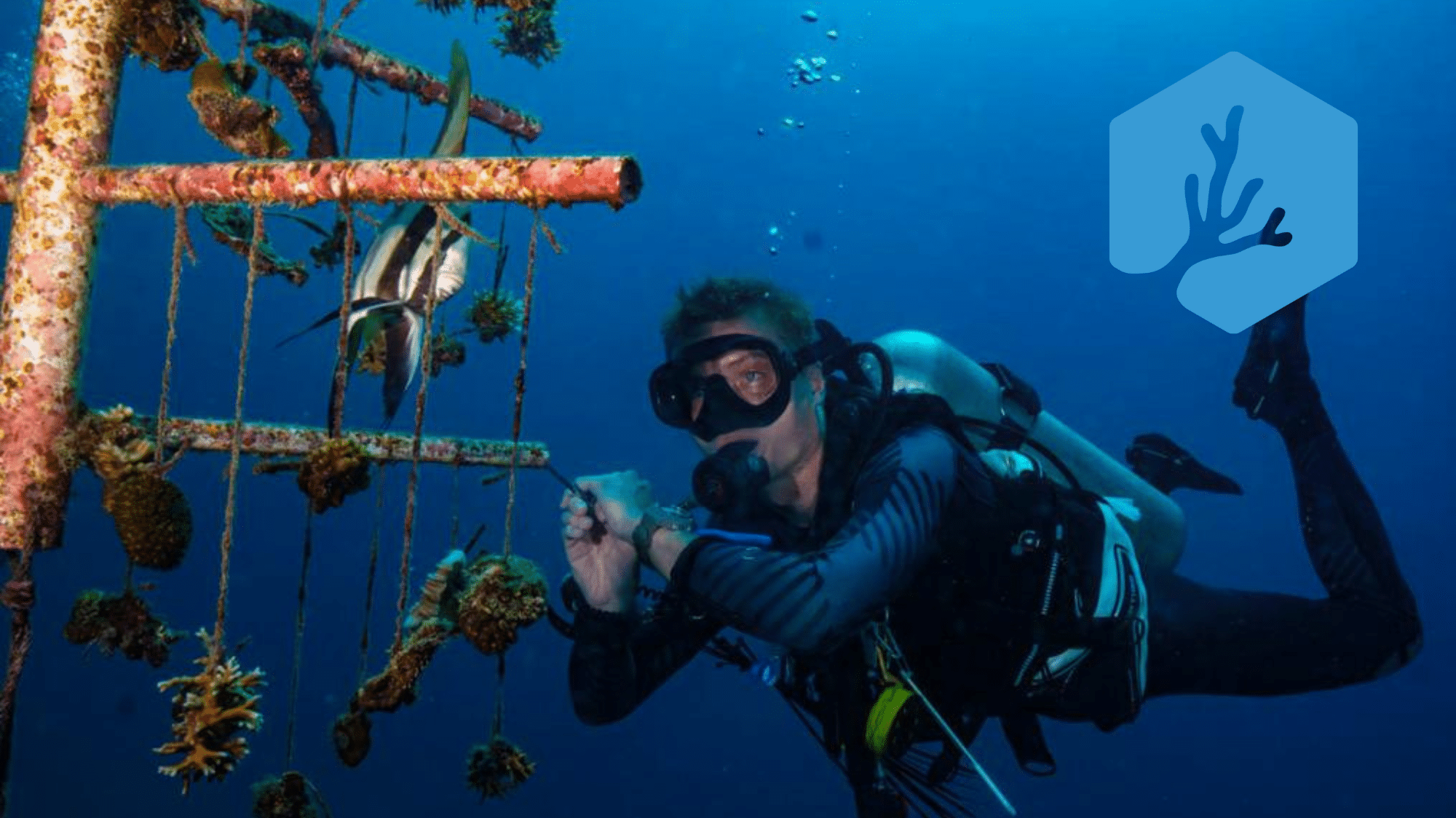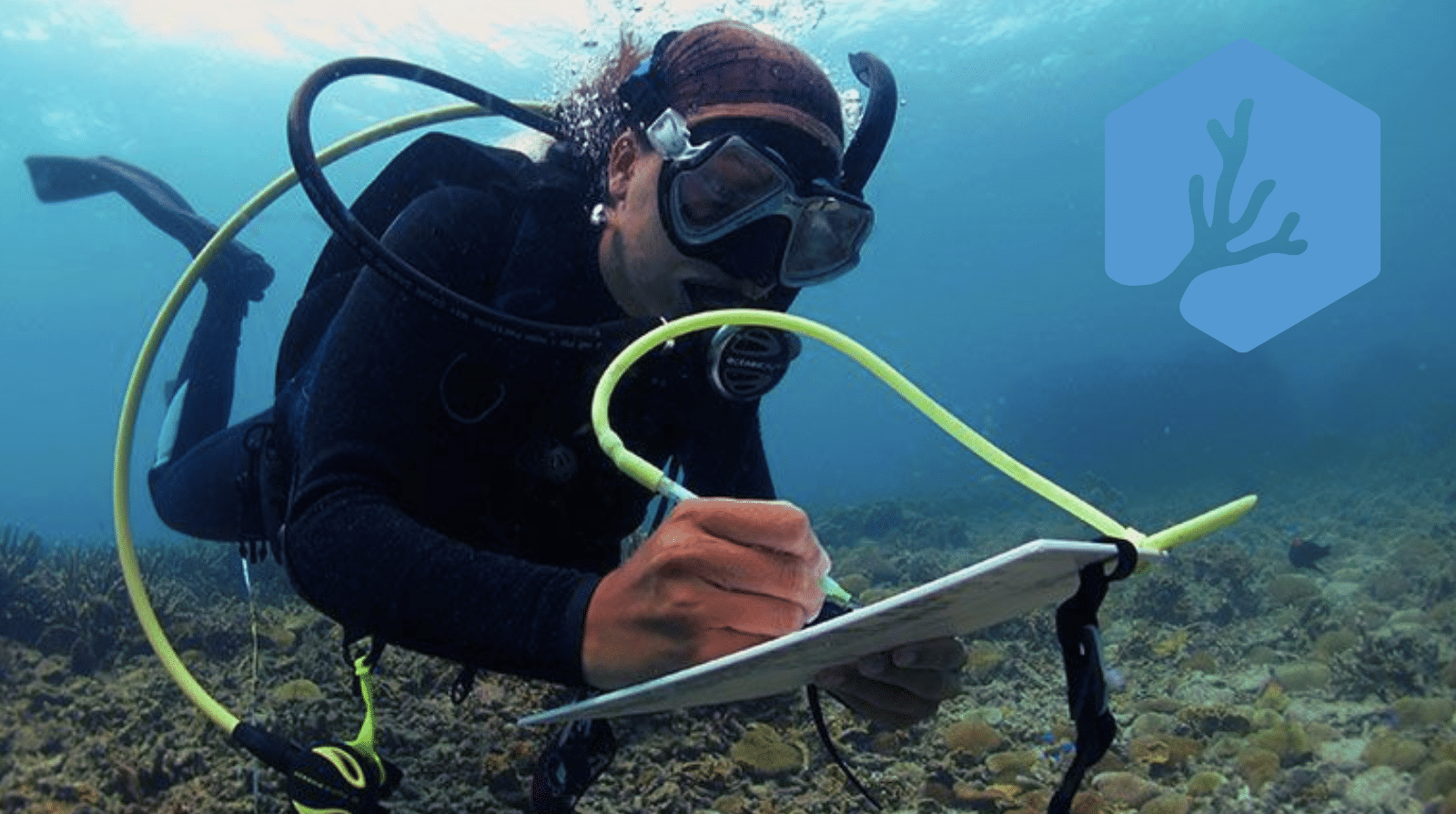Coral Restoration Theory & Techniques
Coral Restoration Theory & Techniques
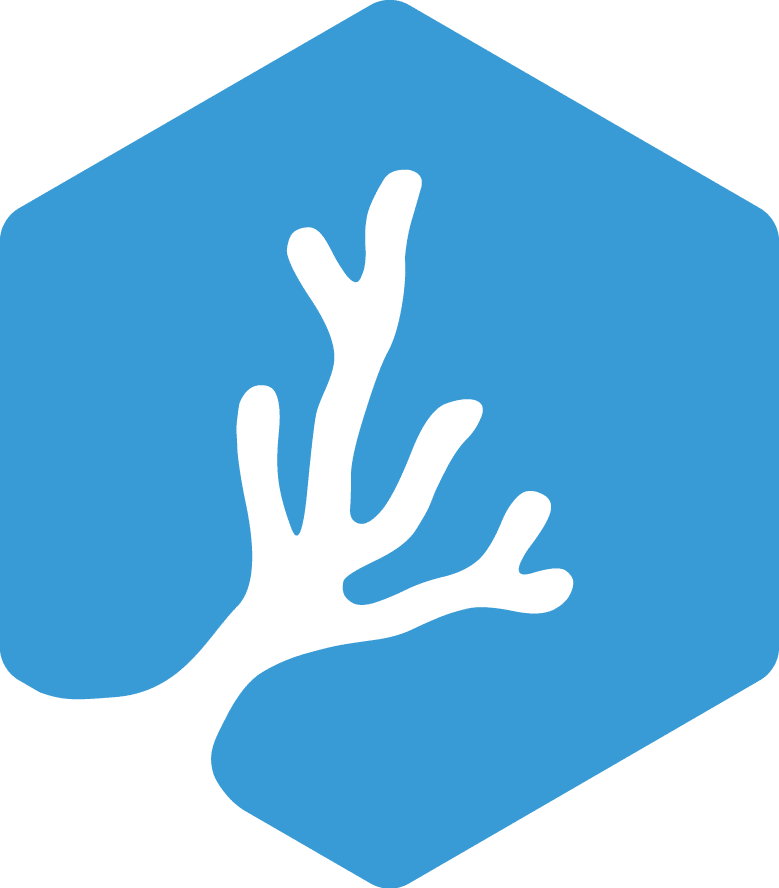
Recent studies have found that about 50% of the world's coral reefs have already been lost, and the other 50% are highly threatened. The long running philosophy of “protection is always preferred over restoration” is a luxury which no longer applies to most regions. More and more, restoration is necessary to preserve the biodiversity and functionality of reefs, and to ensure the sustainability of the resources they provide.
Our reef restoration programs have evolved greatly since our first coral nursery in 2007. We take an ecosystem approach to restoration, which means that we take a holistic approach, focusing on the long-term sustainability and adaptability of the ecosystem rather then just trying to add more corals into areas where they will not survive. This approach has proven successful, as detailed in this 2020 independent analysis of our reef restoration techniques following more than 10 years of our concentrated efforts.
Our courses are on the cutting-edge of science-based coral restoration with a focus on genetics, adaptability, and resilience. We also adhere to the code of ethics as outlined by the Coral Restoration Consortium. Participants in our program will learn all of the theory and techniques behind coral reef restoration, as well as get hands on practice in these techniques. With almost 15 years of experience, we can ensure that everybody coming through our program will leave feeling knowledgeable enough to initiate programs of their own, and confident enough in their skills to carry those projects out to completion.
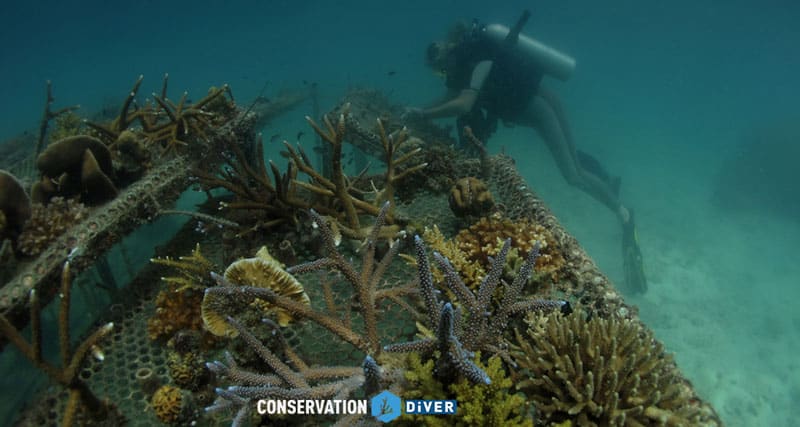
Our Coral Restoration Topics Include
- Coral Gardening
- Coral Fragment Collections
- Coral Nursery construction, maintenance, and monitoring
- Out-planting corals to the reef
- Monitoring transplanted corals
- Integration of beneficial organisms
- Predator removal
- How to take a genetic-based approach to reef restoration
Prerequisites
- Be 12 years of age or older
- Be certified as an Advanced diver under a leading diving organization (PADI, SSI, RAID, etc) or an Open Water diver who has satisfactorily completed a buoyancy appraisal with a professional diver
- Demonstrate proper diving ability at an advanced Level and be proficient in buoyancy and self-awareness.
- Be certified in the Ecological Monitoring Program
Standards
- Understand the threats to coral reefs, the factors affecting coral growth, and the basics of coral reef restoration
- Understand coral life cycles, the ecological differences between the asexual and sexual reproductive cycles in corals, and the importance of maintaining high biodiversity on the reef.
- Understand the history and evolution of coral restoration techniques as well as local standards (do’s and don’ts)
- Understand the theory behind the use of coral nurseries as well as the practical application of locally and internationally developed techniques
- Perform the practical steps of building and maintaining a coral nursery
- Perform a monitoring dive to take data on the health, growth, and diversity of a coral nursery
Requirements
- Attend the coral nursery knowledge development session
- Perform 2 practical dives either/or: Coral Nurseries - (1) collect coral fragments and secure to the nursery (2) perform maintenance and cleaning (3) collect data on growth rates, mortality, and diversity Coral Gardening - Re-secure at risk coral fragments either wedging or using epoxy or securing to benthic grids
Minimum course duration 12 hours
Certification Card
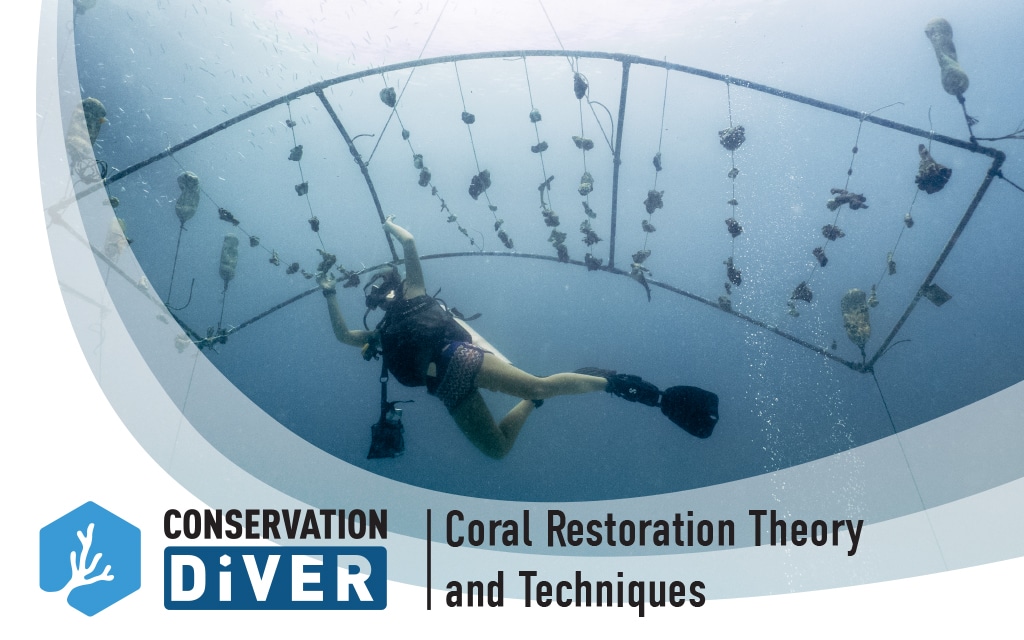
Training Centers
- Hawai'i - Ocean Alliance Project
- Madagascar - MRCI
- Indonesia – Blue Marlin Conservation
- Thailand – ATMEC
- Thailand – Black Turtle Conservation
- Thailand – NHRCP
Coral Restoration Related Readings
- Coral Restoration E ffectiveness: Multiregional Snapshots of the Long-Term Responses of Coral Assemblages to Restoration
- Ecotourism and Coral Reef Restoration
- Developing community-accessible methods of increasing coral reef resilience through selective coral breeding programs
- Coral restoration: Socio-ecological perspectives of benefits and limitations
- Boat Grounding incident in Chalok Ban Kao, 2015
- Artificial Coral Reefs as a Method of Coral Reef Fish Conservation
- Resilience-based assessment for targeting coral reef management strategies in Koh Tao, Thailand
- Effectiveness of artificial reefs as alternative dive sites to reduce diving pressure on natural coral reefs, a case study of Koh Tao, Thailand
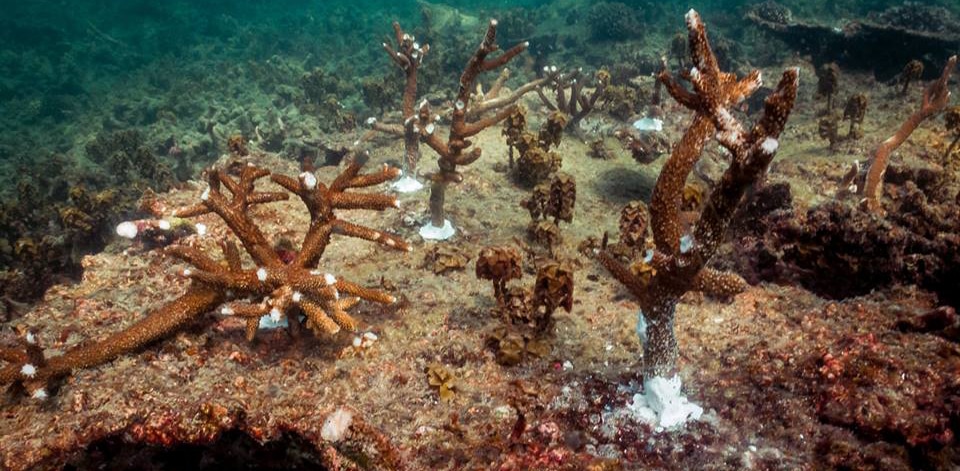
Ecological Monitoring Program
Ecological Monitoring Program

The Ecological Monitoring program is designed to give students an introduction to coral reef ecology and how to view the reef scientifically by assessing key biotic and abiotic reef components. The course teaches students how to use real world scientific sampling and reef survey techniques and certifies them to conduct their own surveys and report data back to the online database. Parameters assessed include fish and invertebrate abundance and biodiversity, substrate cover, coral taxonomy, coral diseases, coral bleaching, and more. This course is a prerequisite for many of the other courses offered by Conservation Diver
Prerequisites
- Be 12 years of age or older
- Be certified as an Advanced diver under a leading diving organization (PADI, SSI, RAID, etc) or an Open Water diver who has satisfactorily completed a buoyancy appraisal with a professional diver
- Demonstrate proper diving ability at an advanced Level and be proficient in buoyancy and self-awareness
Standards
- Understand more about coral reef ecology and threats to coral reefs
- Understand various survey techniques used by reef managers to monitor coral reef ecosystems
- Learn the techniques and diagnostic features for identifying coral reef invertebrates along a permanent transect line
- Learn the techniques and diagnostic features for identifying coral reef fishes and other vertebrates along a permanent transect line
- Learn how to assess substrate types and hard coral coverage/growth forms using the point-intercept technique
- Learn how to assess coral health and bleaching
- Perform EMP surveys in several different areas and input the data into the database
- Complete all 3 course exams
Requirements
- Attend all knowledge development presentations
- Complete the e-Learning or read and complete chapter reviews for chapters 1-8 in the EMP manual
- Enter records into database
- Perform all three surveys (invert., fish, and substrate) at least once
- Perform a ‘full EMP’ at least once
- Enter data onto data sheets or into the online database
Expected course time about 20 hours, minimum of 4 dives
Certification Card

Training Centers
- Hawai'i - Ocean Alliance Project
- Indonesia - Blue Marlin Conservation
- Madagascar - MRCI
- Mallorca - Albatros Diving
- Thailand - ATMEC
- Thailand - Black Turtle Conservation
- Thailand - NHRCP
Related Resources
Note: This course has an accompanying textbook what come in a printed and electronic version available for purchase - Ecological Monitoring Program Manual
Published Papers and reports related to this course
- Population dynamics of corallivores (Drupella and Acanthaster) on coral reefs of Koh Tao, a diving destination in the Gulf of Thailand by Chad M. Scott, Rahul Mehrotra, Margaux Y. Hein, Michelangelo S. Moerland, and Bert W. Hoeksema
- Rare zooxanthellate Nanipora octocoral (Helioporacea) in the Gulf of Thailand by Pau Urgell Plaza, Rahul Mehrotra, Chad M. Scott and James Davis Reimer
- Changes in hard coral abundance and composition on Koh Tao, Thailand, 2006-2014 by Chad M. Scott, Rahul Mehrotra, Madalena Cabral and Sirachai Arunrugstichai
- An update to the list of coral reef fishes from Koh Tao, Gulf of Thailand by Patrick Scaps and Chad M. Scott
